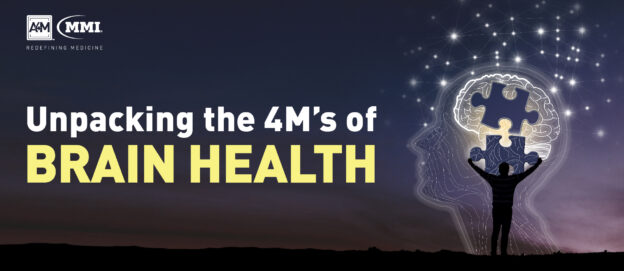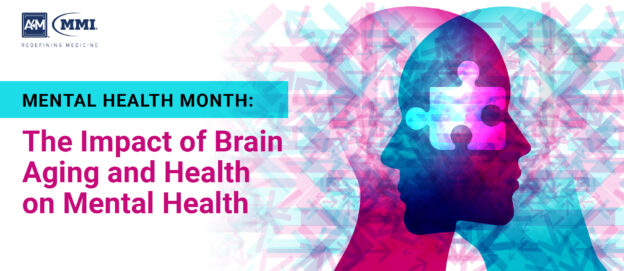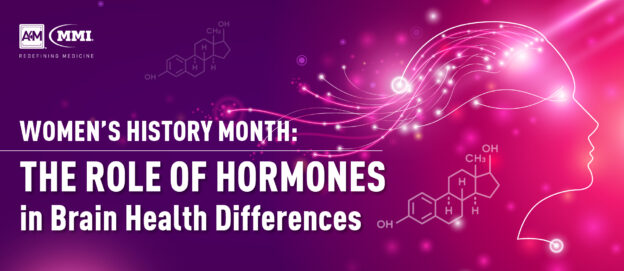Functioning as the command center of the nervous system, the human brain enables many complex processes; as such, maintaining a healthy, well-functioning brain is a critical element of overall health and one of the most important goals in longevity science. As the global population continues to age, the burden of neurological diseases will increase as will the relevance of brain health preservation. In this context, it is vital to understand the intricacies of the brain aging process which contributes to age-related vulnerabilities and is not uniform. It does, however, center around the “4M’s” of brain health – memory, mood, mobility, and mojo – otherwise known as the vital components of optimal brain health.



